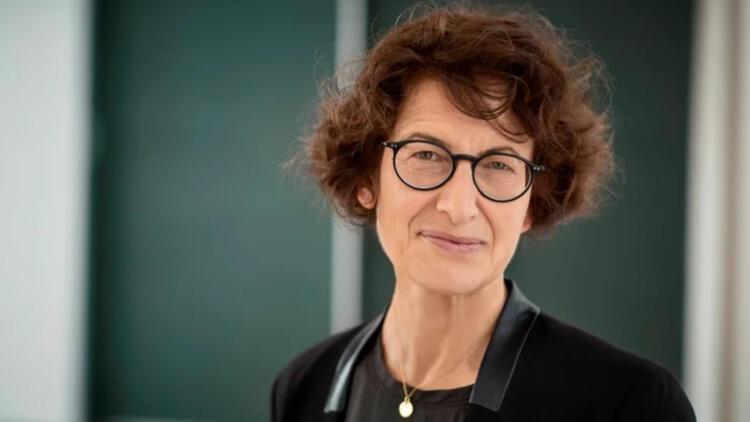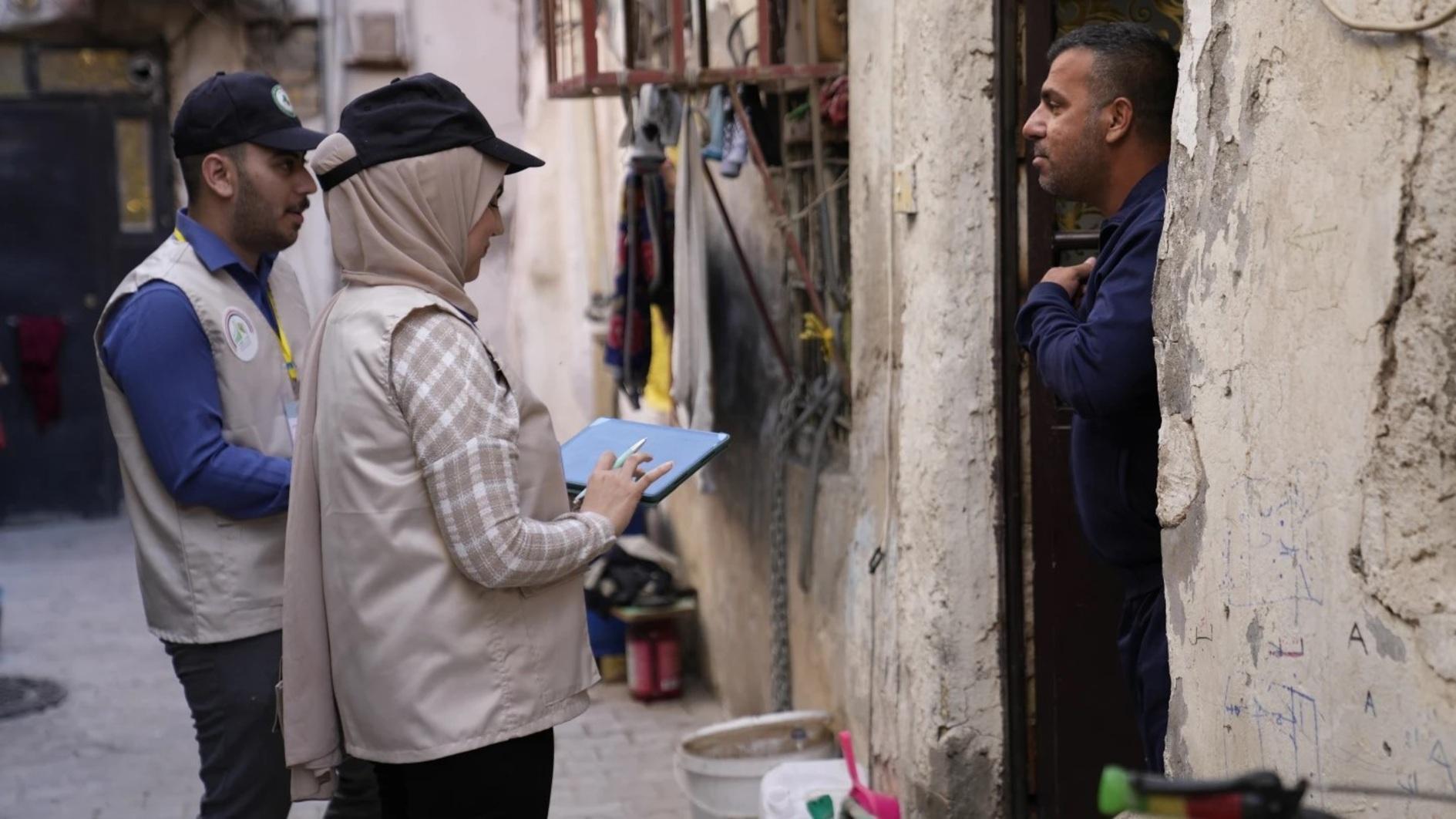COVID will be manageable, says BioNTech co-founder
LONDON/ANKARA

The co-founder and chief medical officer of BioNTech, the German firm that developed a COVID-19 vaccine together with Pfizer, has said the coronavirus will be manageable but will be among humanity for years.
“COVID will become manageable. It already has started to become manageable,” Özlem Türeci told CNBC, the American business news channel, on Sept. 30.
“We will need to go back to a new normality, because this virus will accompany us for, still, some years,” added Türeci in the latest episode of “The CNBC Conversation.”
When asked about concerns over new coronavirus variants, she said BioNTech “continuously assesses those upcoming variants, and there will be more.”
“For all these variants which are currently circulating, it seems that boosters alone, bringing the waning immune responses back to high levels, are suitable and do protect,” she said.
“However, we have to continue to screen because there might be variants upcoming for which this is not the case. And for this we have a second pillar, namely that we prepare ourselves to be quick and fast in the case that we need to adapt to a variant ... And we are doing those dry runs, not alone, together with regulators, so that they are also prepared for the potential need to switch,” she told CNBC.
Türeci, 54, the daughter of a Turkish surgeon in Germany, co-founded German-based BioNTech in 2008 with her husband, chief executive Uğur Şahin.
Şahin, 56, an oncology expert, is the son of a family of Turkish immigrants who settled in the country in 1969.
The company’s main focus had been on “pioneering individualized immunotherapies” for cancer medicine and using its mRNA (messenger ribonucleic acid) technology, which stimulates the body’s own immune response.
“So we had, already, the science and the knowledge about immune mechanisms and how they can be used against viruses and could leverage that,” Tureci said.
“And the other pillar of our response was our technology, the mRNA technology, which allows [it] to be used as a vaccine format, which means it allows [it] to communicate with the immune system and teach it how to respond against this new enemy with high precision.”
“And this technology, because we had used it in clinical trials in cancer patients, was already ripe. We knew how to conduct clinical trials with it, how to treat humans with it, and how to set up a manufacturing process,” she added.
The company’s experience meant it was able to develop a vaccine in under a year.
Separately, a quarter of all active cases in Turkey at the moment are in the age group between five and 17, according to the country’s health minister.
“This was not unexpected as the jab program does not cover most of them,” said Fahrettin Koca in a statement following a Science Board meeting.
There has not been a significant increase in hospitalization in this age group, he said, reiterating that all efforts will be made to keep schools open.
The minister also dismissed recent media reports that vaccine cards will be asked instead of HES codes, a Turkish coronavirus tracking system showing if the individual has a COVID-19 risk or not.
















